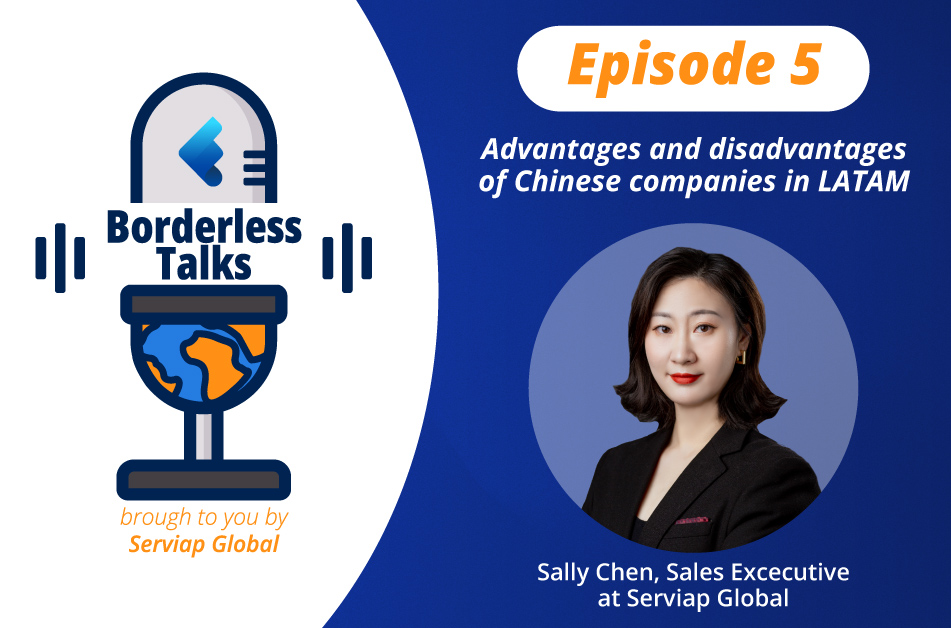Table of Contents
An employer of record in Japan will hire professionals on your behalf, taking care of their payroll and administration as part of the service, allowing you to quickly onboard outstanding talent without needing to set up a local entity.
That means you can have international team members reporting to you in little more than the time it takes to find the right people for the roles you need — which your employer of record in Japan will be able to help you with.
SEE ALSO: Call center outsourcing: 5 great destinations to consider
You employer of record in Japan will also guarantee full compliance with all local regulations, while assuming most liability related to being an employer. So you don’t need to worry about dealing with unfamiliar regulations or any unexpected legal complications arising.
Contact us if you want to know more about hiring via an employer of record in Japan.
Japan: country overview
Known as the “Land of the Rising Sun”, Japan has been among the top five largest economies in the world by GDP for over 50 years, having experienced a period of rapid growth and industrialization that started in the 1940s and helped the country emerge as a leader in tech innovation, as well as automotive and electronics manufacturing.
With a population exceeding 125 million people, the yen (JPY) is the official currency, while Japanese is the nation’s official language, which is known for using three distinct alphabets and is notoriously difficult to master for native speakers of most European languages.
While capital city Tokyo is the country’s most significant commercial hub, Japan is home to numerous other large economically and culturally important areas and cities. A prime example is the southern Kansai region, where the cities of Osaka, Kobe and Nara are located in close proximity to ancient capital Kyoto.


Nagoya is another crucial industrial and manufacturing hub also located on the largest island of Honshu, along with Toyko and Osaka. On the country’s southernmost island of Kyushu, the city of Fukuoka is home to the Japan’s second-largest port after Tokyo. Meanwhile, on the northern island of Hokkaido, regional capital Sapporo is a cultural and economic center that is particularly popular with winter sports tourists.
Like all highly developed nations, Japan’s economy is dominated by services — generating around 70% of GDP and employing the same proportion of the workforce — however it has a significant agriculture sector and prominent industrial sector.
Exports are dominated by manufactured goods, including automobiles, computers and other consumer electronics, and semiconductors. Petrochemicals, pharmaceuticals, textiles, processed foods, copper, iron and steel are also important exports.
Being a highly developed country with a massive services sector and outstanding education system, Japan produces a large number of highly-skilled professionals. The country’s professional culture is famed for its emphasis on dedication, high standards and respect for seniority.
While the Japanese Labour Standards Act establishes a regular work schedule of 40 hours weekly, an additional flex-time system is common in many companies. According to OECD data, the employment rate of people aged 15 to 64 in Japan is roughly 10% higher than the global average.
The country’s enormous tech and innovation economy is supported by large numbers of graduates in subjectes related to science, technology, engineering and mathematics (STEM). That is set to increase further, with the government announcing in 2022 the designation of $300 billion yen (approximately US $2 billion) in funding to promote more study of STEM subjects. So the supply of tech talent is set to grow further in the future.
Hiring via an employer of record in Japan
Hiring team members through an employer of record in Japan offers a range of advantages, with one of the most notable being that you won’t need to establish a legal entity in the country, making it a more agile process. Effectively, you can have people in place in the time it takes to find the right candidates for the roles you need — usually a matter of weeks and sometimes only taking days.


To that end, your employer of record in Japan will have an established recruitment network and a track record of identifying and hiring outstanding talent for their clients. That means you can expect the search to be completed in the shortest time possible.
Another major advantage that an employer of record in Japan offers is compliance with local regulations, while in the event of a non-compliance issue arising, it will be the provider that assumed most or all legal responsibility. That means you can operate safe in the knowledge that no unexepected financial penalties or legal issues will arise.
As part of a standard EOR services package, your employer of record will oversee the payroll of all people employed on your behalf, while also guaranteeing that all statutory responsibilities related to the like of paid time off and other types of leave are met.
An employer of record in Japan can also support with supplementary services, such as assistance with securing a visa for anyone who will be relocating to the country on behalf of the hiring company. Meanwhile, should you later decide to establish your own entity and begin employing people directly, your EOR will often be able to assist with ongoing recruitment services.
Keep in mind that, should you be seeking to hire professionals in Japan as part of an international expansion strategy that will later include other countries, you may wish to seek out a provider with a presence in multiple countries, so they can assist you elsewhere in the future, too.
Regulations an EOR in Japan will handle
Your employer of record in Japan will ensure compliance with a wide range of local regulations, including:
Employment contracts: official contracts can be either fixed term or for an indefinite period. They can be signed by both employer and employee in any language, but most employers use the Japanese language.
Working hours: a full-time work schedule in Japan is set out at 40 hours per week and 8 hours per day.
Minimum salary: As of 2023, the minimum wage in Japan was set at 1002 JPY per hour (approximately US $6.94), for a full-time monthly salary of 160,320 JPY (approximately US $1,108).
Vacations and public holidays: Employees receive a mandatory 10-20 days annual leave per year, based on length of service, while there are 16 official public holidays.
Health insurance: Mandatory. The employer payroll tax includes a 4.935% contribution for health insurance, while employee taxes make up for an additional 4.905%.
Medical leave: sick leave is non-mandatory in Japan.
Taxes: The standard VAT rate in Japan is 10%. A few goods and services are levied a VAT of 8%.
Alternatives to hiring via an employer of record in Japan
The most most common alternative to hiring through an employer of record in Japan is to establish a legal entity and directly employ professionals. That can be the best choice for anyone who is intending to establish a long-term presence in the country, but requires a signicantly great initial outlay, as the entity is established and an staff needed to support the roles being hired are also onboarded.
It also means assuming liability for compliance with local regulations and will still likely require you to partner with a recruitment provider to find strong candidates for the roles you wish to fill.
Another option beyond hiring via an employer of record in Japan is recruiting international independent contractors. These freelancers work independently and, although they may charge a premium for their services, they work on a project-basis, giving them incentive to be efficient, they provide their own tools and equipment, and they are only entitled to limited benefits.
Be aware that many countries have intensified efforts to avoid the misclassification of full-time employees as contractors, with misclassification sometimes coming with hefty penalties. So if you are considering hiring contractors, it is worth revising your level of misclassification risk based on the conditions under which they will work.
Serviap Global offers global hiring solutions
At Serviap Global, we assist companies with global hiring solutions in over 100 countries worldwide, so if you are looking to work with an employer of record in Japan, we can help you.
Our portfolio of services includes international PEO / EOR services, contractor hiring, and global talent acquisition to help identify candidates to hire directly.
Contact us to learn more about how we can assist you.






























